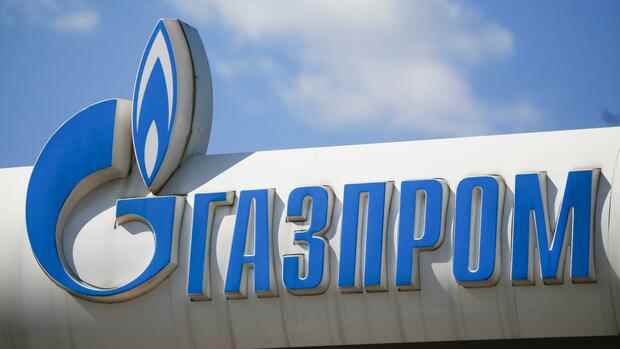If the EU Council agrees to removing Russian companies from the EU transparency register, their lobbyists would no longer have free access to the buildings of the EU Parliament or the EU Council.
(Photo: IMAGO/Xinhua)
Berlin Russian lobbyists are said to lose important privileges in dealing with European institutions. This emerges from an email exchange between the Vice President of the European Parliament, Katarina Barley (SPD), and the Vice President of the European Commission, Vera Jourova. The mails are available to the Handelsblatt.
Jourova supports the efforts of the EU Parliament leadership to remove interest representatives from initially 13 companies and organizations based in Russia from the EU transparency register of Parliament, Council and Commission. Then these lobbyists would no longer be able to meet top representatives of the EU Commission, for example.
Jourova explained in her email that she agreed to suspend the organizations named by Barley “as they damage the registry’s reputation according to the established code of conduct”.
Barley had previously submitted a proposal to Jourova. At the same time, your email went to other representatives of the EU Parliament and the Commission, as well as to the French Council Presidency.
Top jobs of the day
Find the best jobs now and
be notified by email.
The companies affected include the Russian energy companies Gazprom and Lukoil, the steel producer Novolipetsk Steel, the aluminum manufacturer Rusal and the anti-virus software specialist Kaspersky.
In theory, the measure could also affect former Chancellor Gerhard Schröder, because the ex-SPD leader works for the Gazprom subsidiary Nord Stream. So far, however, Schröder has not been accredited in Brussels. His name does not appear in the transparency register.
Greens call for “Kremlin lobbyists to be banned”
If the EU Council agrees to remove the companies mentioned from the register, their representatives would no longer have free access to the buildings of the EU Parliament or the EU Council. They would be banned from meeting with commissioners, cabinet members and directors-general. They are also no longer allowed to attend Council briefings and events.
On the other hand, lobbyists are not completely cut off from politics in Brussels. It is also possible for them to enter the parliament building without registering – for example with an invitation from a member of parliament. Likewise, lobbyists can meet members of the EU Commission who rank below the rank of Secretary General.
>> Read also: The World After – How the Ukraine War Redistributed Power and Wealth
The transparency expert of the Greens in the European Parliament, Daniel Freund, therefore considers a “ban on Kremlin lobbyists” at the EU institutions to be overdue. “It is unacceptable that representatives of Russian state-owned companies still have exclusive access to top EU officials and parliamentarians ten weeks after the start of the Russian war of aggression,” said Freund. “Companies that benefit from the Russian war of aggression do not deserve to have their concerns heard in Brussels.”
In her email to Jourova, Barley hinted at what a way out of the dilemma might look like for Russian lobbyists. “The suspension would be lifted (or not imposed at all),” writes the EU Parliament Vice-President, “if the organizations publicly and unequivocally condemned the Russian invasion of Ukraine.”
Schröder not only with problems because of Gazprom
The former chancellor has been nominated for the supervisory board of the Russian gas giant Gazprom (archive photo from March 2006).
(Photo: AP)
In the case of Schröder, however, there is no trace of any distancing. In his first interview in the New York Times since the beginning of the war, he described the war as a mistake, but did not distance himself from Russian President Vladimir Putin, with whom he has been a close friend since he was chancellor (1998 to 2005).
Schröder joined the pipeline company Nord Stream, a Gazprom subsidiary, shortly after leaving government office in 2005. He is still the chairman of the shareholders’ committee there. Schröder is also the head of the supervisory board at the Russian state energy giant Rosneft. He is nominated for the Gazprom Supervisory Board.
>> Read also: “Putin’s most loyal voice in the EU” – Traffic light politicians call for sanctions against former Chancellor Schröder
Schröder has been heavily criticized in Germany for not resigning from his post despite the Russian attack on Ukraine. Several SPD associations have therefore applied for party exclusion proceedings against Schröder.
Schröder could also run into problems because of his commitment to the Russian oil company Rosneft. EU Commission Vice-President Jourova supports Barley’s proposal to also target other organizations “that are based outside of Russia but clearly represent the interests of Russian companies”. Barley named the German branch of the Russian oil producer Rosneft and the Swiss company Nord Stream AG as examples.
More: Von der Leyen wants a “complete import ban” on Russian oil
